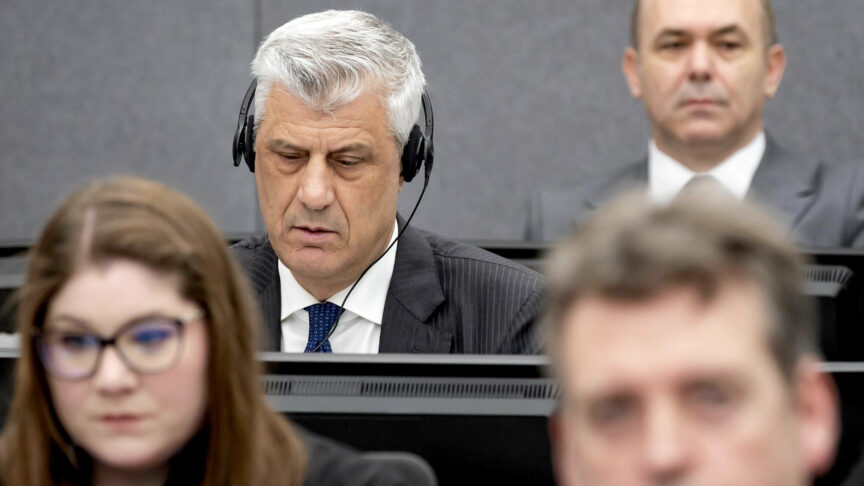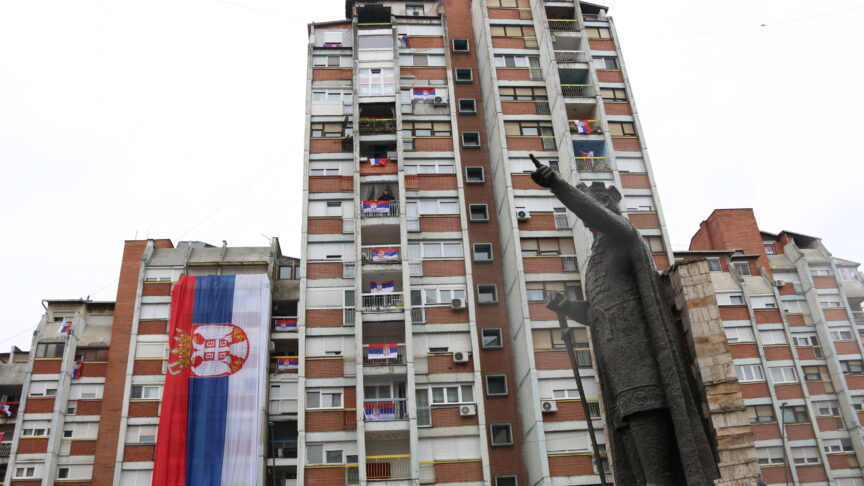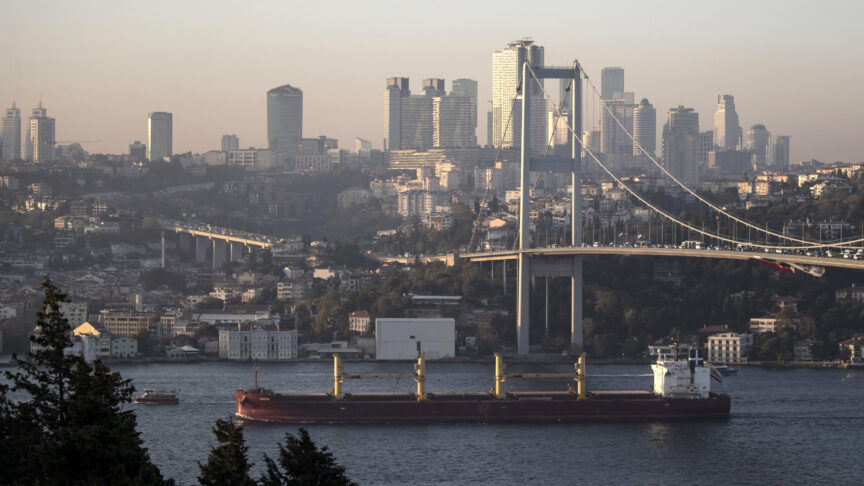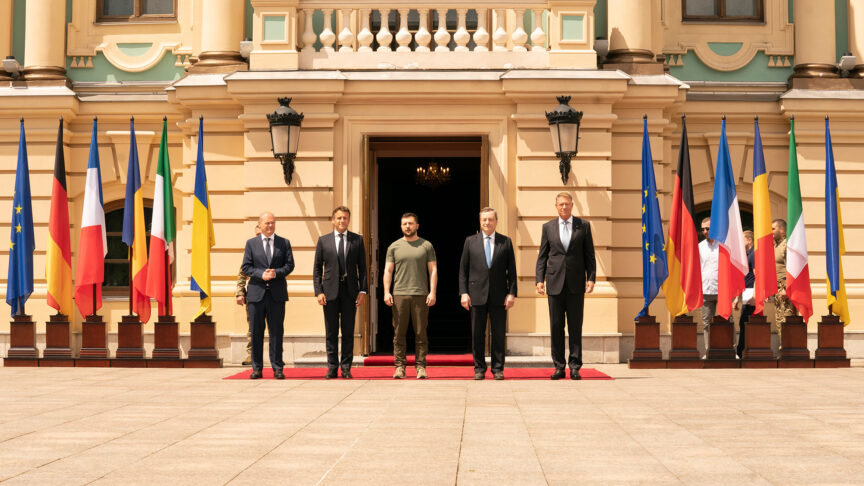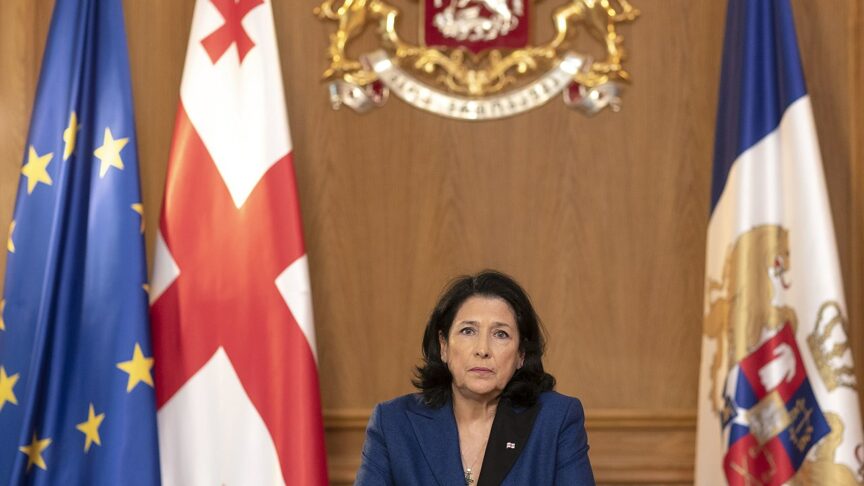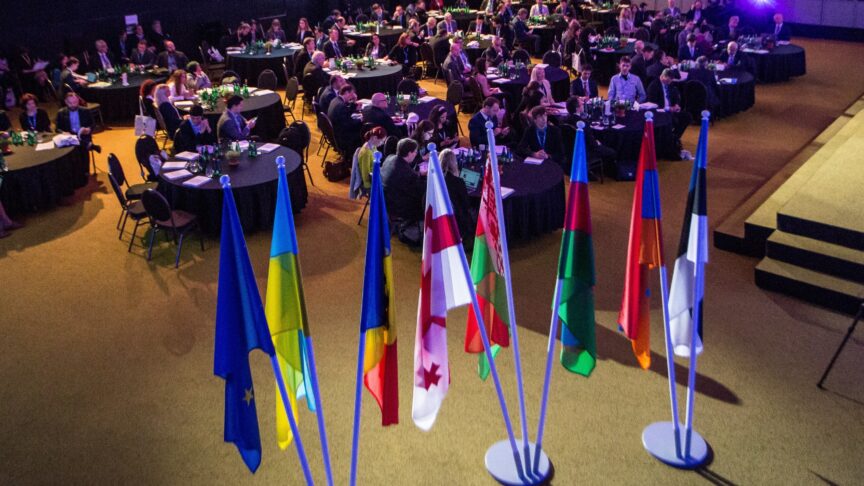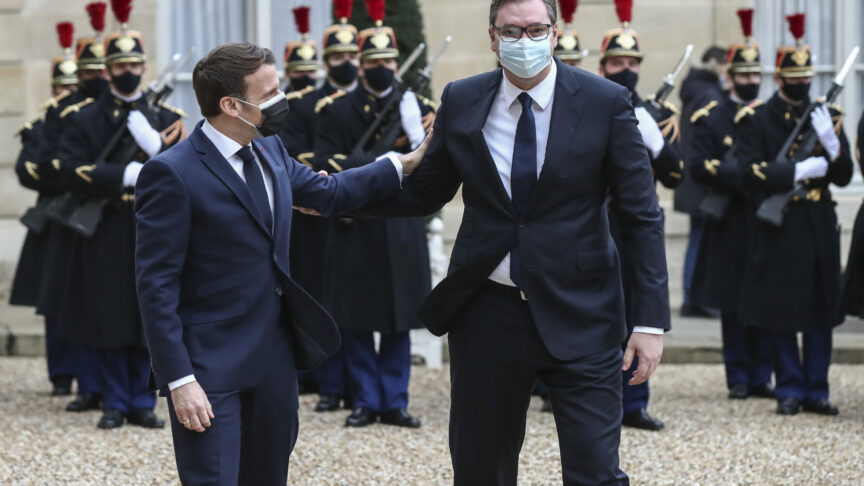Tefta Kelmendi is the deputy director for the Wider Europe programme at the European Council on Foreign Relations.
Prior to joining ECFR, Kelmendi worked as a diplomat at Embassy of Kosovo in France, where she was responsible for Kosovo’s relations with French-speaking countries and integration in international organisations. She has previous experience working with the Ministry of European Integration of Kosovo on human rights policies, with a particular focus on minority rights and integration. Kelmendi holds a Master’s degree in International Security from Sciences Po – Paris School of International Affairs (PSIA).



